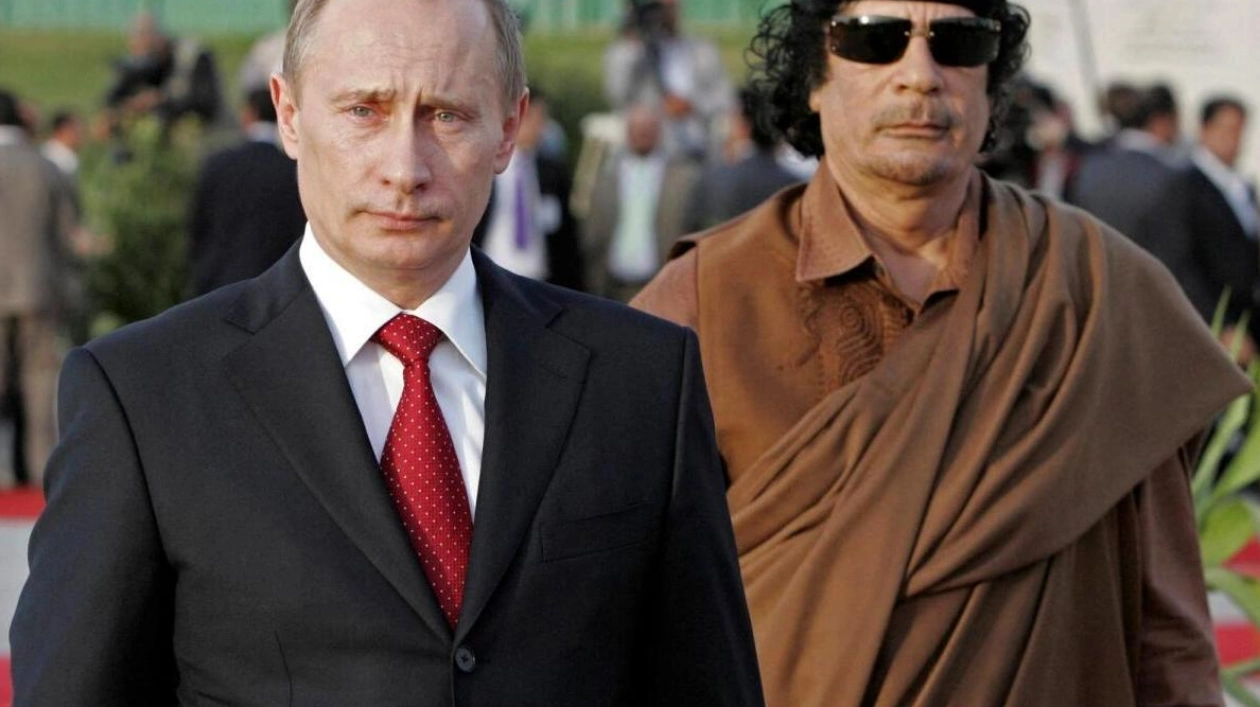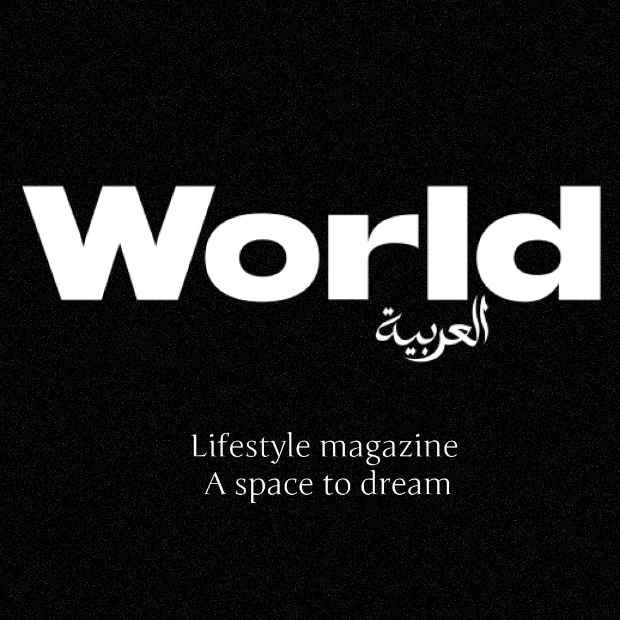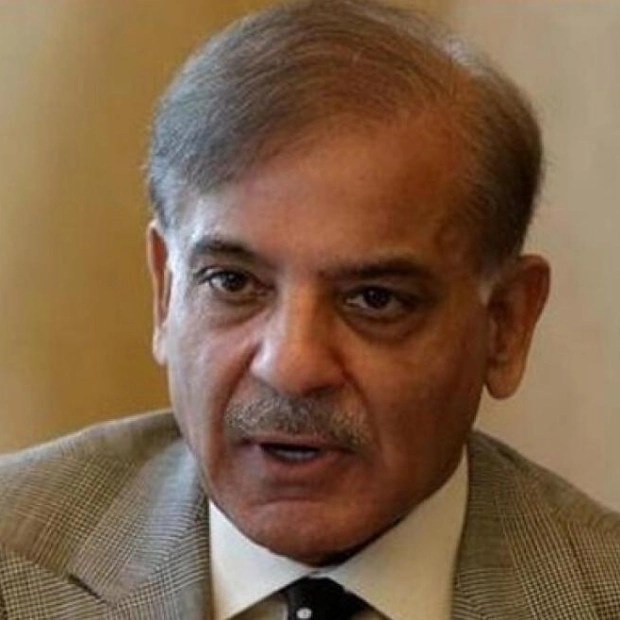The Libyan Investment Authority (LIA), established in 2006 by Muammar Gaddafi to oversee the nation's oil revenue, has been subject to a United Nations asset freeze since the 2011 revolution that overthrew Gaddafi. This implies that Africa's largest sovereign wealth fund requires UN Security Council approval to undertake new investments or transfer funds from accounts with negative interest rates, where they have been incurring losses. Chief Executive Ali Mahmoud Mohamed expressed confidence that the council will grant the significant approval for an investment strategy submitted in March by November or December. "We are optimistic that our investment plan will be accepted... we do not anticipate it being rejected," Mohamed conveyed to Reuters through a translator.
The initial phase of LIA's four-part plan involves the straightforward step of reinvesting funds accumulated during the freeze, including proceeds from bond holdings. Previously, the LIA attempted to actively manage its assets. However, amidst the chaos following Gaddafi's fall, the authority experienced a period with conflicting chairmen supported by different factions within the country. A British court ruled in Mohamed's favor in 2020. In the same year, the LIA disclosed that a Deloitte audit indicated the freeze had potentially cost it $4.1 billion in equity returns. Mohamed noted that transparency has since enhanced; the LIA published audited financial statements for 2019 in 2021 and plans to release the 2020 figures in the upcoming months, aiming for annual publication thereafter.
Despite ranking 98th out of 100 sovereign funds in a 2020 sustainability and governance ranking by Global SWF, an industry data specialist, the LIA improved to 51st place this year. With an estimated $70 billion in assets, the fund holds $29 billion in global real estate, $23 billion in deposits across Europe and Bahrain, and $8 billion in equities distributed among over 300 companies worldwide. It also possesses approximately $2 billion in matured bonds. The UN Security Council Committee was unavailable for immediate comment. Last year, following a meeting with the LIA, its members acknowledged the progress made on the implementation of the LIA's Transformation Strategy and emphasized the importance of ensuring the frozen funds benefit the Libyan people.
Mohamed also revealed plans to seek approval this year for two additional "pillars" of the investment plan—one focusing on the share portfolio and another on domestic investments. The LIA aims to invest domestically in solar power and support increased oil exports. Libya, one of Africa's largest oil exporters, currently produces about 1.2 million barrels per day. If the UN does not approve its investment proposals, Mohamed stated, "we will persist in our efforts... we will continue to request approval."






